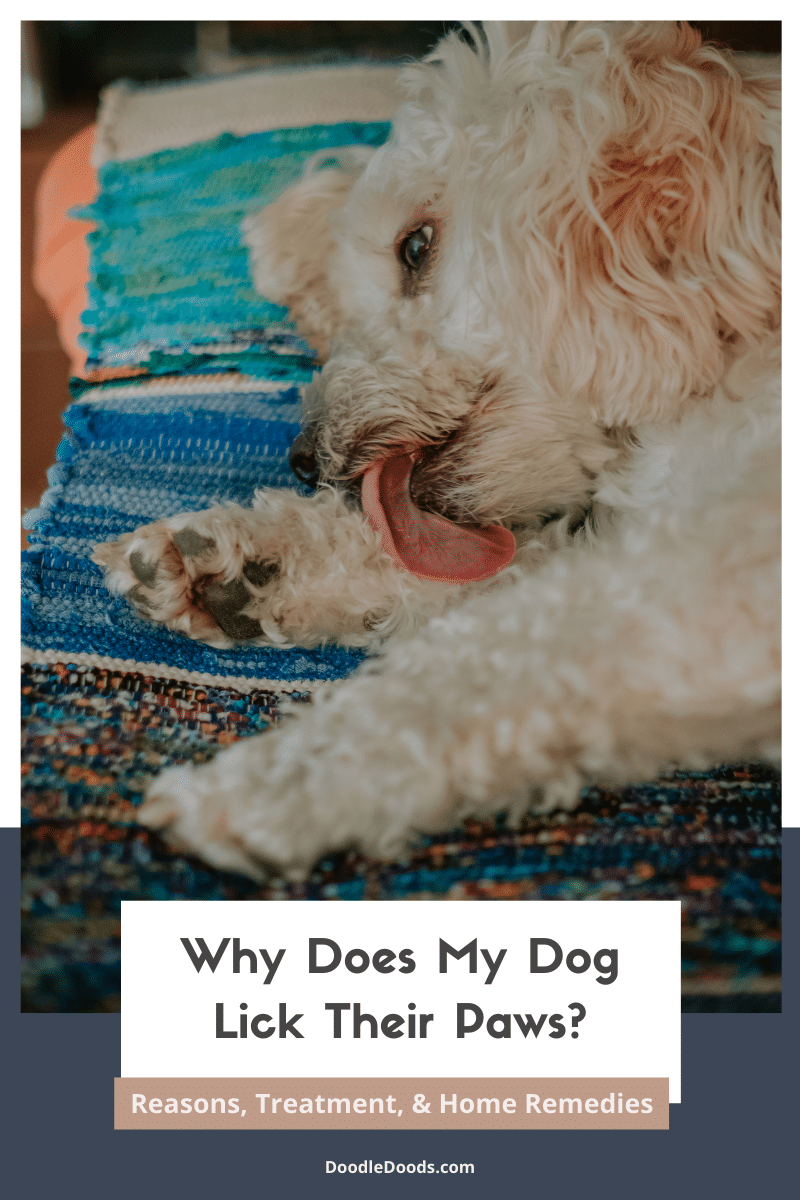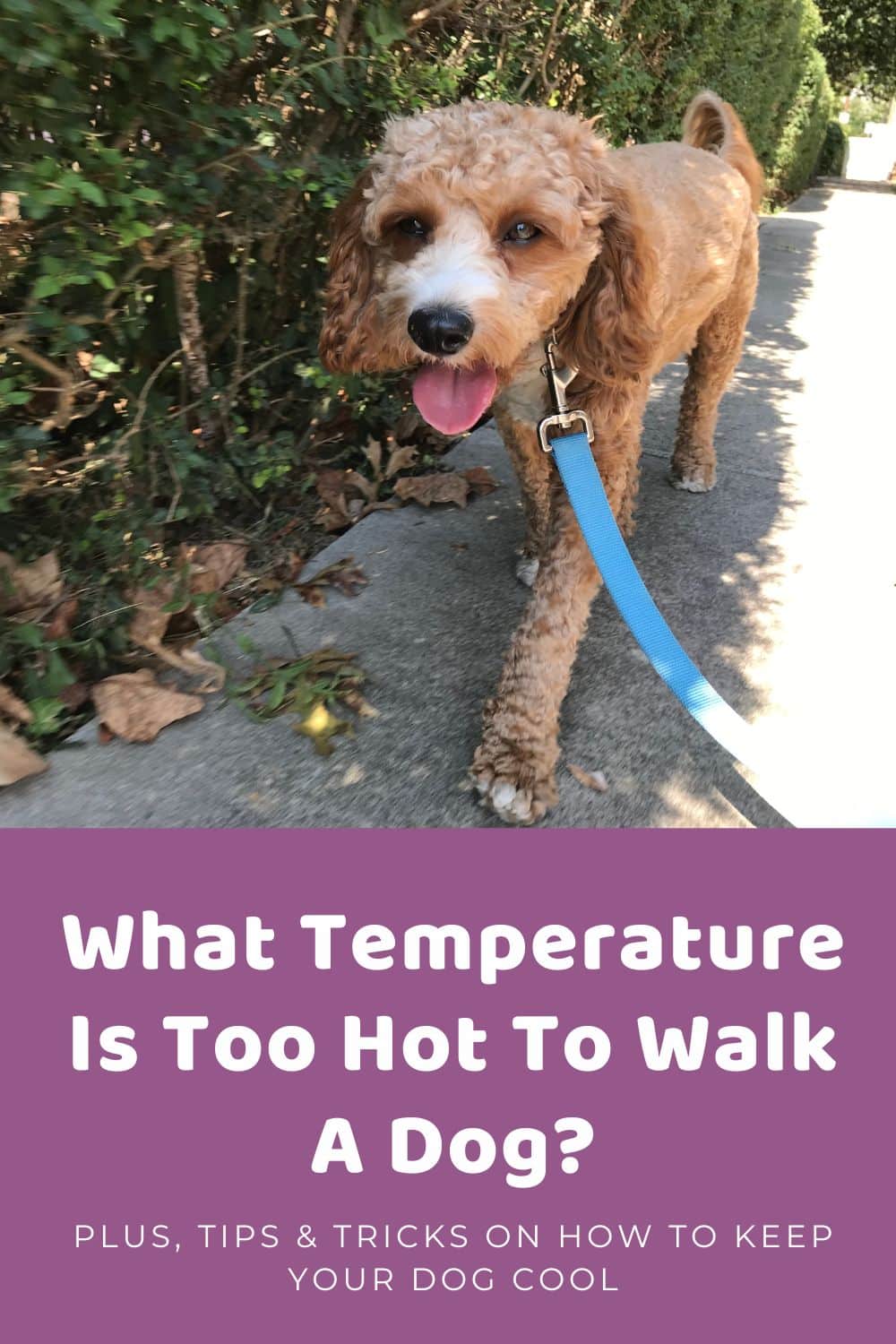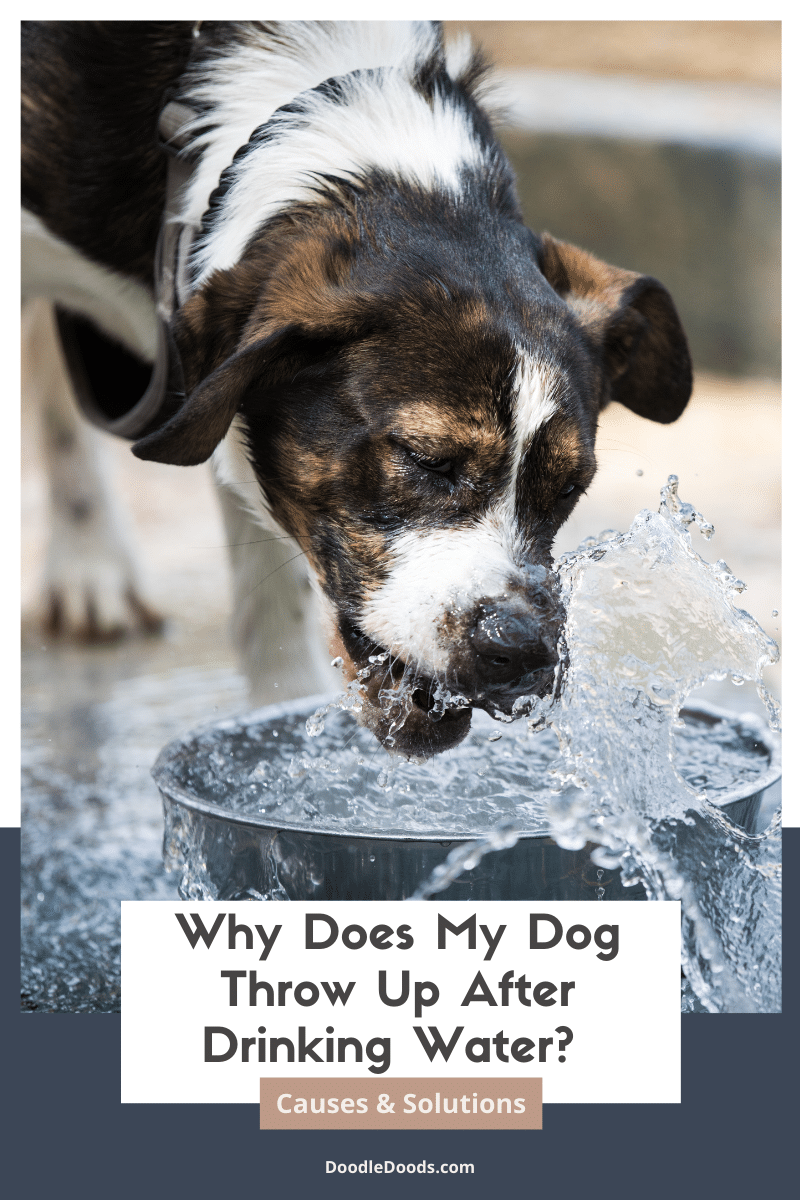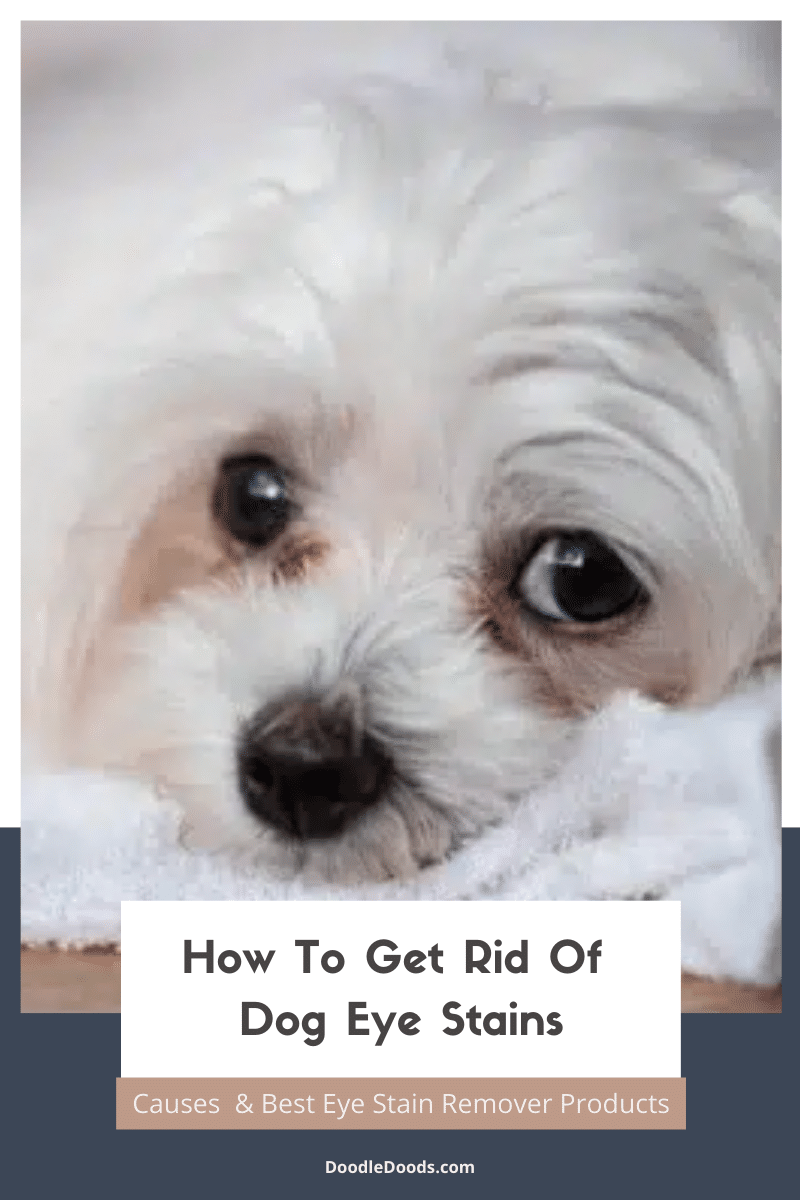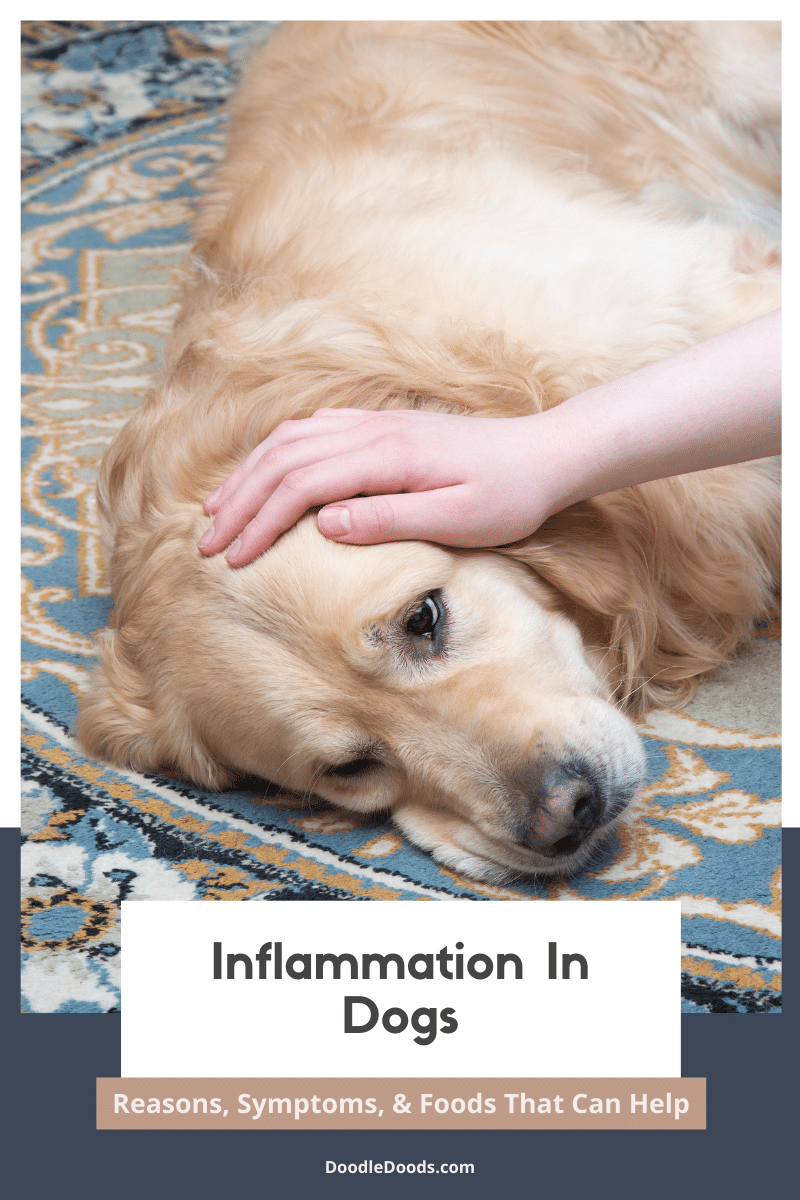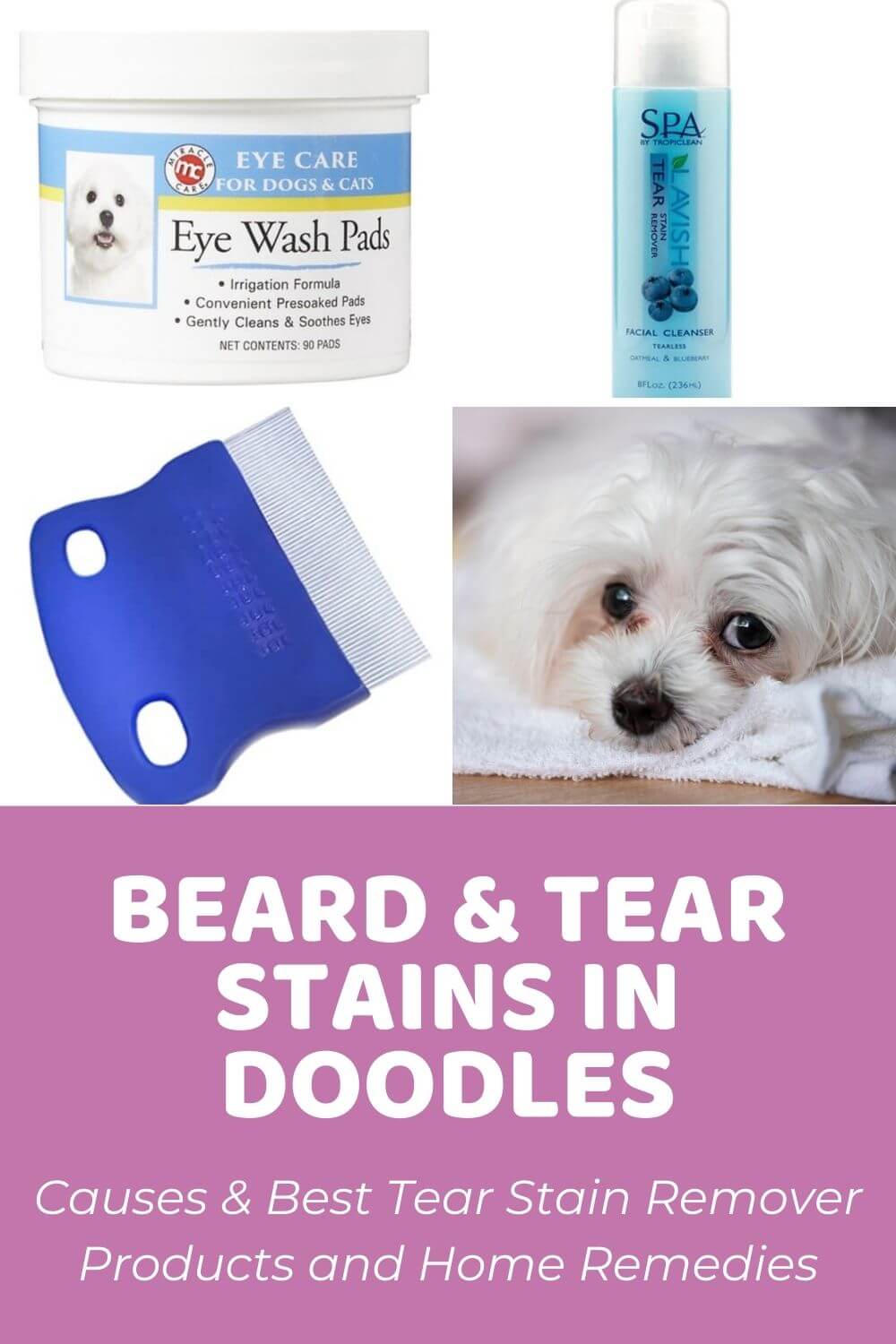Help! My dog has itchy paws! What should I do? Should I be worried? In this article, we’re going to discuss some of the most common causes of itchy paws in dogs, including common health concerns that you should watch out for. We’ll also be sharing with you some excellent remedies for getting rid of dog’s itchy paws and help your pooch feel comfy and itch-free at all times. Let’s get into it!
Table of Contents
- Dog Has Itchy Paws: Introduction
- Top 7 Reasons For Itchy Paws In Dogs
- 10 Proven Ways To Treat Itchy Paws In Dogs
- My Dog Has Itchy Paws – Should I Visit A Vet?
- Dog Has Itchy Paws: Frequently Asked Questions
Dog Has Itchy Paws: Introduction
Itchy paws in dogs are quite common, as there are many possible reasons this could happen. Just like us humans can get skin irritations and allergic flare ups on our skin from time to time, the same can happen to our four-legged canine pals.
If your dog has itchy paws, it’s vital that you first figure out what’s causing the itchiness and discomfort. Then, you’ll be able to find the most suitable solution for your pooch. Without further ado, let’s discuss the most common causes for itchy paws in dogs.
Top 7 Reasons For Itchy Paws In Dogs
Lack Of Paw Hygiene
One of the most common causes of itchy paws in dogs is improper paw hygiene. This doesn’t only include regular bathing and cleaning of the paws, but also making sure that your dog’s nails are regularly trimmed to a proper length. In fact, long and ingrown nails can not just cause discomfort, but also lead to injuries and infections. Consequently, it’s highly likely that your dog’s paws will get itchy, which they’ll then try to relieve with excessive licking and chewing.
Allergies Cause Itchy Paws In Dogs
Oftentimes, allergies are to blame for your dog’s itchy paws. Just like we can get triggered by certain allergens, such as pollen, grass, or certain foods or skin care products, so do dogs. If you yourself have ever struggled with an allergy, you know how itchy your skin can get, your eyes may even start to water, and not to mention runny nose and all the inflammation. Not so pleasant, we must say!
Another thing we must note is that allergies can be triggered by environmental factors, such as the grass or pollen outside, even dust mites, but also certain foods and ingredients in your dog’s kibble.
If at any point you suspect an allergy, you should consult with your vet – they’ll be able to find the best solution for your pal and figure out exactly what’s causing the allergic reactions. More on that later!
Anxiety & Stress
Sometimes, a dog’s itchy paws could be caused by mental and emotional distress, such as anxiety, boredom, or stressful situations. For instance, it’s not uncommon for dogs to start excessively licking their paws to relieve and soothe the itchiness due to separation anxiety. Some dogs simply aren’t meant to be left alone for long hours at a time. Or, your pup may not have the coping skills necessary to spend even the shortest periods of time alone.
What’s more, stressful situations, such as fireworks or other loud noises could cause your pup excessive anxiety and stress. Again, as a way to self soothe, they may start licking their paws. Even allergies could start flaring up if your dog is experiencing stress! In fact, all of the excessive licking and chewing of the paws can lead to inflammation, skin flare ups, causing your dog’s paws to become even more itchy.
Bacterial, Yeast, Or Fungal Infections
Bacterial infections, as well as fungal infections and yeast infections can all cause itchy paws in dogs. By the way, if your dog has red, itchy paws, it can very well be caused by the porphyrins in their saliva (this compound is also found in their tears and urine!). This compound also causes the paws to become red. And if you don’t keep your dog’s paws properly cleaned, the porphyrin stained paws can attract yeast infections. Similarly, if your dog is experiencing excessive porphyrin production, it may be caused by certain bacterial infections.
All of these infections are often caused by improper hygiene and trapped moisture. That’s especially true for pups that just love to romp around outdoors all the time and swim often and as much as possible.
Ticks, Mites, Worms, Or Grass Awns
Needless to say, all sorts of parasites, fleas, and ticks can cause itchy feet in dogs. The itchiness can become so unbearable that dogs often start to excessively lick and chew on their paws and toenails. In addition to that, grass awns can be extremely sharp and penetrate deep into your dog’s paws, causing pain, injury, inflammation, and a super itchy feeling. All of which they’ll then try to soothe with licking and chewing. Likewise, if your dog has somehow caught a worm infestation, it’s another likely reason for their itchy paws.
Toenail Or Paw Injuries
If your dog has itchy paws, another cause you should consider is an injury. We all know how important daily walks outside are for our best pals. Your pup may enjoy some playtime at the local dog park, maybe join you on some forest hikes over the weekend, or for some relaxing walks by the sea. The ground may hide sharp rocks, pieces of glass, roots, or other debris, which can cause minor (or even major) paw injuries. We recommend you always check your dog’s paws after you’ve been outside for a walk to see if there are any injuries present. If so, that could explain why your dog has itchy paws.
Skin Irritation Due To Burns, Blisters, Or Extreme Weather
And lastly, we cannot forget that burns, blisters, and extreme weather conditions can all wreak havoc on your dog’s skin, including their paws. For example, if it’s a very cold day outside and you take your pup out for a walk, the snow or frozen ground can irritate the skin, making it dry and crackly. The same goes for extreme temperatures during hot summer months or in very warm climates. If the pavement is too hot, it’s bound to cause itchiness and dry out the skin.
10 Proven Ways To Treat Itchy Paws In Dogs
Needless to say, it’s never easy to see our lil’ furbabies in discomfort or pain. But fortunately, there are many ways you can prevent and treat your dog’s itching feet. Here you’ll find some excellent recommendations to keep your pup’s paws free from any itchiness and protect them from potential harm.
Maintain Good Paw Hygiene
When trying to tackle your dog’s itchy paws, the first thing you want to make sure is that you’re following a good paw hygiene protocol. This includes everything from using a good quality dog shampoo, preferably something that’s hypoallergenic and formulated for sensitive skin, to keeping your dog’s nails neatly trimmed. As we mentioned earlier, if your dog’s nails get too long, it could lead to ingrown nails and a host of other issues, including itchy paws. Therefore, don’t neglect this grooming activity!
Also, don’t forget to make sure that you properly groom your pup. If they need regular hair trims, it’s important that you keep up with it. Likewise, be sure to regularly brush your dog to prevent matted hair, as this can easily be the reason that your dog has itchy paws.
For instance, here we’ve reviewed some excellent shampoos for dogs with itchy skin. Additionally, you can also utilize pet-safe grooming wipes that are perfect if you’re either on the go or would quickly like to wipe off any dirt and debris from your dog’s paws. Your pup’s paws will stay clean and your floors too! For example, we absolutely love these Furbliss Pet Wipes by Vetnique Labs. These wet wipes are formulated with vitamin E and aloe vera that are well-known for their soothing and moisturizing properties. They also contain deoplex, which is an enzymatic deodorizer to get rid of all those nasty odors.
In terms of nail care, we recommend this dog nail trimmer. It’s made with high-quality stainless steel and it has a non-slip grip that provides you good control and comfort throughout the process. And considering the price, this product is absolutely top-notch – no wonder both professional groomers and dog owners love this nail trimmer!
Protect Your Dog’s Paws From Snow & Extreme Weather Conditions
If you live in a cold climate or have extreme winters, protecting your dog’s paws should be your top priority. After all, the snow and freezing ground could dry out your dog’s paw pads, but also lead to blisters and cold sores. To prevent this, we recommend you purchase a good pair (or two, you know… for hygiene and all) of dog boots.
These Ethical Pet Fashion Lookin’ Good Extreme All Weather Boots are excellent for those cold, snowy days when the pavement is just too cold to walk on. Not only do they look stylish on your pooch, they protect their precious paws from all the elements outside. These particular dog boots are waterproof, so you don’t have to worry about your pup’s paws getting wet while out and about. The shell is made of nylon and there’s also a polyester fleece lining to keep those lil’ paws warm and comfy throughout the walk.
What’s more, the non-skid suede-leather soles ensure that your pup has no trouble staying on its feet even when the ground is so frozen that you are having trouble standing up. It also has an adjustable fuzzy fastener so that they stay securely on the paws.
Moisturize The Paws
Sometimes a dog’s itchy paws could be caused by excessively dry skin. Heck, even we need to use moisturizer to prevent chapped skin and skin flare ups! This Musher’s Secret Paw Balm is designed to provide relief for dry nose, elbows, and paws. As you can guess, it’s specially formulated for dogs, so that it won’t cause any issues even if your pup licks its nose or paws after you’ve applied it.
We absolutely love this paw balm, as it contains such amazing moisturizing and protecting ingredients, such as beeswax, shea butter, almond oil, and coconut oil, to name a few. Not only will this effectively moisturize the skin and prevent cracking and chapping, it’s also excellent for those days when the pavement is hot. Simply massage it onto your dog’s paws and they’ll be ready for their daily walk.
Consider CBD Oils & Cytopoint
Another thing that you could try is to utilize CBD oils to relieve skin irritations, itchiness, and overall reduce your dog’s stress and anxiety. CBD oils are excellent in that sense, as they’re all natural and tend to be safe to use for dogs. However, before you purchase one, we recommend you consult with your vet if it’s actually suitable for your best pal. Of course, you should only opt for a CBD oil that’s specially formulated for dogs. That’s because CBD oils for humans may be much more potent, and they may also contain ingredients that are harmful for dogs.
All in all, CBD oils can be extremely beneficial for treating itchy paws in dogs. CBD oil can relieve pain and it also has been shown to have anti-inflammatory properties. CBD oil is also thought to have calming properties, which is especially helpful for pups that struggle with separation anxiety or otherwise get easily stressed in certain situations.
What’s Cytopoint?
In case of severe allergies, you could also consider discussing Cytopoint with your vet. The Cytopoint injection is a treatment for dogs who struggle with itchiness, dermatitis, and seasonal allergies. What Cytopoint does is that it essentially neutralizes itch signals, providing your pooch that much needed relief. This shot has to be administered every 4-8 weeks for the best results, but your pup may already feel the improvements one day after the first shot.
However, it does come with certain risks and side effects, such as vomiting, lethargy, but also bacterial skin infections. That’s why it’s crucial that you thoroughly weigh all of your options with your vet. To learn more about Cytopoint, be sure to check out their website.
Prepare A Soothing Paw Bath For Your Pup
A nice, warm paw bath can go a long way in relieving those itchy paws. You can opt for either a soothing herbal paw bath using chamomile tea. Simply soak a few tea bags in hot, boiled water and place your pup’s paws in the foot bath once the water has cooled down enough. You don’t want the water to burn your dog and cause them any injuries! You can also add in some ground oatmeal for that extra soothing effect.
Make Sure Your Dog Is Eating A Balanced Diet
Of course, the key to preventing and treating your dog’s itchy paws is to make sure that you feed them a high-quality, healthy, nutritious, and balanced diet. Ditch those random kibbles from your local supermarket and opt for something that’s made with real, excellent quality ingredients. You’ll also want to avoid any artificial preservatives, flavors, and colorants.
What’s more, as itchy paws in dogs are often caused by certain food allergies, you want to make sure that the food your pup eats is free from any potential allergens. For instance, it’s not uncommon for dogs to develop allergies for certain high-protein ingredients, such as chicken or even wheat. If that’s the case, the simple solution would be to switch the chicken, for example, for another protein source.
Be sure to also check out these guides to learn more about canine nutrition.
Include Omega-3 Fatty Acid Supplements In Your Dog’s Diet
Omega-3 fatty acids are excellent for nourishing the skin from inside out, as they’re well-known for supporting good skin and coat health. These essential fatty acids are highly nourishing and help tackle dry skin on the paws. But that’s not all! Omega-3 fatty acids also have excellent anti-inflammatory properties to help relieve any itchiness. Many high-quality dog food formulas actually contain added omega-3 fatty acids. However, if your vet gives you the green light, you can also add some extra omega-3 fatty acid supplements into your dog’s diet.
Apply Diluted Apple Cider Vinegar
A simple, yet effective home remedy for itchy paws is to apply diluted apple cider vinegar onto the paws. Simply dilute a high-quality apple cider vinegar (preferably organic and with the “mother”) with clean, filtered water – it should be a 50-50 mix of both. Then, apply it onto the paws to soothe the itchiness. However, please beware that you should NEVER use any vinegar-based products or this solution on your dog’s paws if there are visible wounds or injuries on the skin.
Identify Allergens And Minimize Contact
If the reason for your dog’s itchy paws lies in allergies, it’s vital that you figure out what your dog is allergic to. As we mentioned earlier, certain foods and artificial ingredients, dog shampoos, or even environmental elements can trigger allergies in dogs. For this reason, it’s vital that you know what you’re up against, so that you can do your best to minimize your dog’s contact with these allergens.
The most common symptoms of allergies in dogs include:
- Itchy skin, ears, and paws
- Watery eyes and runny nose
- Hives and crusty skin
- Excessive licking
- Sneezing and coughing
- Inflammation on the paws, face, and ears
- Vomiting, nausea, and diarrhea
- Bald patches and hair loss
For instance, if your dog is allergic to a certain ingredient in their food, it’s vital that you eliminate it from their diet altogether. In case of a more serious food allergy, you may have to start an elimination diet. During an elimination diet, your dog will eat just one source of protein and one source of carbohydrate for 8-12 weeks. However, this extremely strict diet should only be done under your vet’s guidance and supervision.
Similarly, if you notice that your dog gets itchy every time after you give them a bath, it may indicate that their dog shampoo or conditioner contains ingredients that trigger the allergic reactions. Therefore, you should instead opt for something that’s specially designed to soothe the skin. Many of them are even labeled as hypoallergenic.
Moreover, if your pup is allergic to pollen or grass, we recommend you wash them after taking them outside. And if your dog is allergic to dust or dust mites, it’s vital that you keep your house properly cleaned.
My Dog Has Itchy Paws – Should I Visit A Vet?
Indeed, the best course of action would be to make a call to your vet and book an appointment for your dog. Of course, there are some things you can check first at home yourself – do you have a good hygiene routine set for your pup? Have you purchased a suitable dog shampoo? Do you clean and dry their paws after taking them out for a walk? Do their paws look generally healthy with no abrasions or injuries? Are their toenails at an appropriate length? If all is good in those areas and your dog still has itchy paws, it’s time to book a vet appointment to figure out what’s causing your dog’s itchy paws.
All in all, it’s always a good idea to consult with your vet whenever you’re in doubt. After all, you don’t want any potential health concerns to get worse as you try to do everything on your own. And although vet appointments and all the necessary tests can be costly, it’s well worth the investment in the long run. The worse a health condition gets, the harder it can be to get it under control! Not to mention, in severe cases, medications may be necessary, and only your vet will be able to prescribe them.
To help you be prepared for those unexpected vet visits, we recommend you subscribe to a trustworthy pet insurance plan as soon as possible. These monthly installments can save you a lot of money without having to dip into your savings!
Dog Has Itchy Paws: Frequently Asked Questions
There are many possible causes for your dog’s itchy feet, such as allergies, improper hygiene, fungal and bacterial infections, worm and parasite infestations, abrasions and injuries, extreme weather conditions, ingrown nails, and even stress and anxiety induced excessive licking. If you’ve been keeping your dog’s paws clean and moisturized, then the answer likely lies in the health concerns we mentioned above. If you suspect any of those concerns, the first thing you should do is to take your pup to the vet for a thorough checkup. They’re absolute professionals in the field and will be able to prescribe your pup the right treatment.
The best remedy to treat a dog’s itchy paws is a good quality paw balm that’s designed to protect and moisturize the paws from environmental elements, extreme weather conditions, and also to moisturize the paw pads. You should also make sure that the dog shampoo you use is suitable for your dog’s skin. For instance, if they have allergies or simply have sensitive skin, you may have to opt for a hypoallergenic and soothing dog shampoo. Also, make sure that you only use shampoos that are specially formulated for dogs, as human shampoos don’t have the right pH balance for our canine pals, and may even contain harmful ingredients for them.
Coconut oil is an excellent way to protect and moisturize your dog’s paws. This in turn can very well relieve itchiness and soothe the discomfort. However, if your dog’s itchy paws are caused by a health concern, such as an allergy, infection, or even improper hygiene, you have to take proper action to get to the root of the issue. Other than that, coconut oil is a safe way to keep your dog’s paws comfy and moisturized.
Although vaseline isn’t considered toxic to dogs, there are many and much better alternatives that you can opt for, as vaseline can upset your dog’s tummy if they ingest it. If you’re looking for a home remedy that’s readily available in your home or in most super markets, then high-quality, extra-virgin coconut oil or olive oil would be a great option. However, for the best results in terms of soothing itchiness and keeping the paws moisturized, we recommend you opt for something specially designed for dogs’ paws, such as the paw moisturizer we mentioned above.
First and foremost, you want to figure out what’s causing your dog’s itchy paws in the first place. Understandably, as you’re not a veterinarian (sorry if we make assumptions!), we recommend you consult with your vet and have them examine your dog to figure out the root issue. However, if the excessive paw licking and chewing is caused by behavioral or emotional issues, you may need to find ways to tackle the problem. For instance, if the paw chewing is caused by boredom, you need to provide your dog lots and lots of physical and mental stimulation to keep their body and brain working as they were designed to.
Dog Itchy Paws: Final Thoughts
If your dog has itchy paws, it’s vital that you first identify the root cause before taking any action. In some cases, it may be a sign of allergies, skin dryness, or even an emotional health problem. Of course, at home remedies and prevention methods, such as a proper hygiene routine and soothing paw balms can very well help you manage this issue. However, in more serious cases, it’s best if you contact your vet to find the most suitable solution for your precious pal. Hopefully this guide has helped you gain a better understanding of why dogs can get itchy paws, so that you can nip this problem in the bud.

